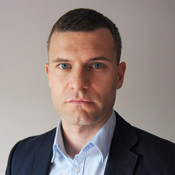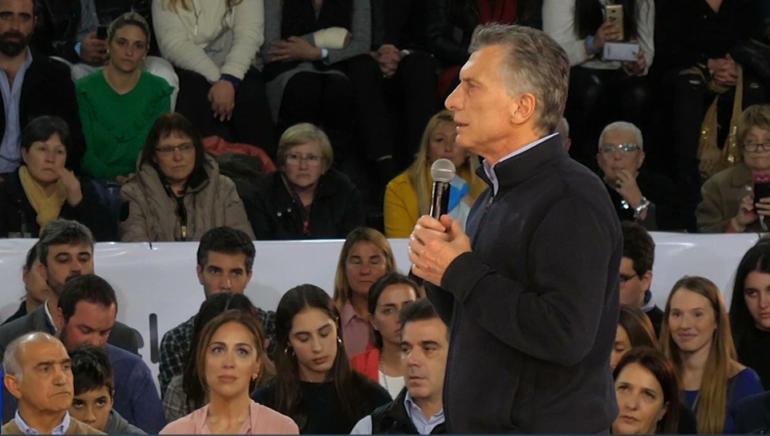Argentina will go to the polls for primary elections on Sunday ahead of the national ballot in October.
It’s considered a referendum on the austerity policies of center-right incumbent President Mauricio Macri in one of the tightest presidential races since the country’s military dictatorship ended in 1983.
CGTN’s Joel Richards reports.
Argentine president Maurcio Macri is seeking a second term, pitching this year’s elections as a choice between his pro-business policies or a return to what his campaign denounces as “populism.”
“This Sunday will define many things. We define if we move towards the future or if we return to the past,” said Macri.
But Macri’s main opponent Alberto Fernandez, says with chronic inflation and rising poverty, he is the logical alternative for dissatisfied Macri voters.
“Tell them that if they want a fairer and more just Argentina, they should join us,” said Fernandez.
Fernandez is running with former president Cristina Kirchner as a candidate for vice-president. Kirchner still commands strong support.
Macri conservative coalition won the presidency in 2015, along with the all-important Buenos Aires city and province.
Yet, in this first phase of voting, no political party is offering an alternative candidate. So, in effect, this is the first round of this fall’s presidential election.
Most polls show Alberto Fernandez is ahead of Mauricio Macri, but the margin between the two candidates differs amongst the polls, so this weekend’s primaries will give the first indication of how the two candidates stand ahead of the elections in October.
While candidates debate their rival economic and political models, whoever wins will face the same problem-repaying a 57-billion-dollar loan from the International Monetary fund-the biggest in IMF history.
“Argentina has received the biggest loan package ever from the International Monetary Fund, aimed at shoring up the country’s ailing finances: a whopping $57.1bn that will be disbursed over the next three years. This is the biggest loan in the history of the IMF,” said the fund’s director, Christine Lagarde, on Wednesday as the final loan agreement was announced in New York.
“The paradox is that parties are talking about big contradictory models in the election, but the first day of government and the first day of administration they will deal with the same problems. And they are going to deal with the same restrictions. Therefore, I can’t imagine governments so different between themselves,” said Julio Burdman, Political Scientist, University of Buenos Aires.
The results from Sunday’s primaries will indicate which way the country is leaning, and, perhaps more importantly, influence bond market sentiment on Argentina’s prospects for digging itself out from a massive pile of IMF debt.
 CGTN America
CGTN America
 Argentinians are entering the tightest presidential race ever
Argentinians are entering the tightest presidential race ever
